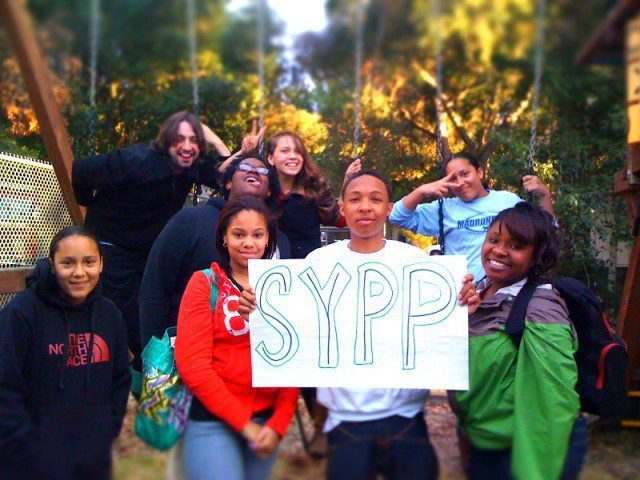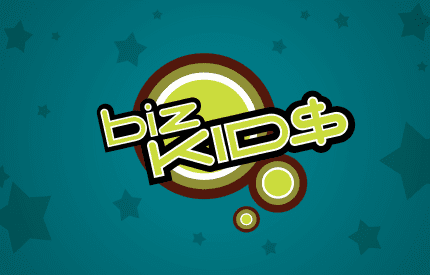 The much-anticipated season of the holiday break is almost upon us. Yes, the treasured days of sleeping in until Russia is already waking up for the next day, watching enough TV to affect the national ratings, and eating enough colorful frosting to turn polished teeth into festive accessories. But Biz Kids know that the status quo is never the pathway to profits. So for this holiday break, we have a few suggestions for making the most out of this gift of free time.
The much-anticipated season of the holiday break is almost upon us. Yes, the treasured days of sleeping in until Russia is already waking up for the next day, watching enough TV to affect the national ratings, and eating enough colorful frosting to turn polished teeth into festive accessories. But Biz Kids know that the status quo is never the pathway to profits. So for this holiday break, we have a few suggestions for making the most out of this gift of free time.
1. Observe and Dream
Take a look around at the things you use everyday. What could you invent that would make your everyday activities easier, quicker, or more enjoyable? The phrase is old but true, “necessity is the mother of invention.”
2. Read!
Reading about the successes and failures of other innovators is a sure way to get inspired and learn from the lessons of others. Check out the top 10 bestsellers according to BusinessWeek, read blogs, and find magazines that inspire you. Curl up by the fireplace and escape into an entrepreneurial adventure!
3. Spend time with a mentor
Ideas bounced off of trusted mentors always have a way of becoming better. Find an older person you trust who shares your passion for business, and buy them a cup of coffee on a snowy day. Share your ideas, and then listen. Their knowledge and experiences will be valuable resources for you, and you’ll likely inspire them as well!
4. Rest and enjoy family time
Finally, your break is a time to get some much-needed rest and spend time with the ones you love. Your family will always be one of your best sources of ideas, encouragement, and support. Take this time to be with them, and include them in your ideas, plans, and dreams.
Your break is almost here! Let us know what brilliance you uncover this holiday break. Happy Holidays from all of us at Biz Kid$!





































